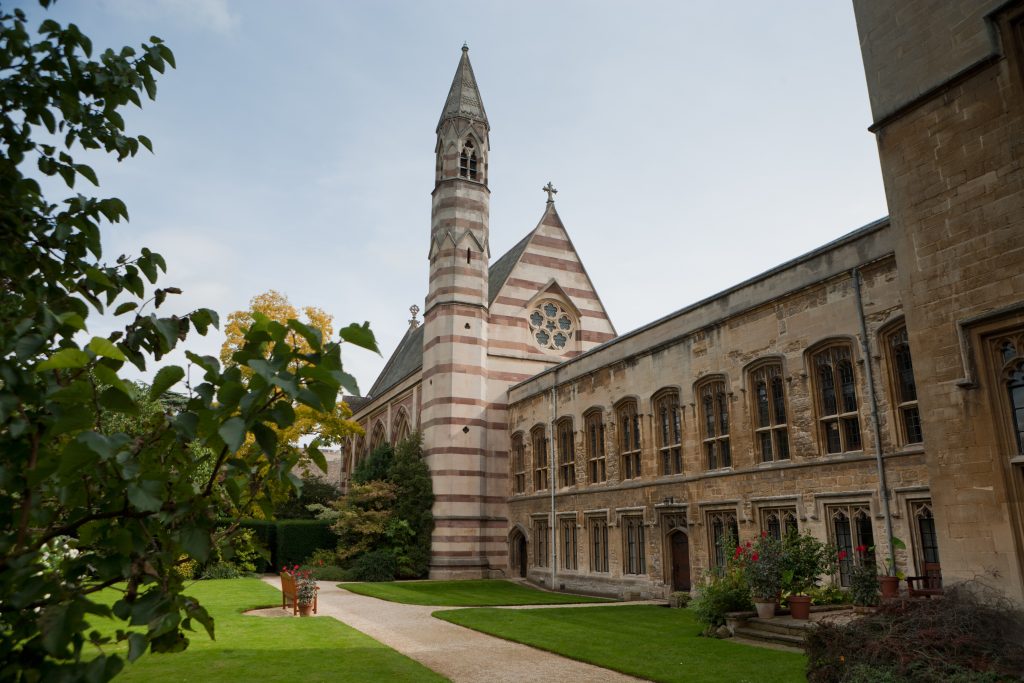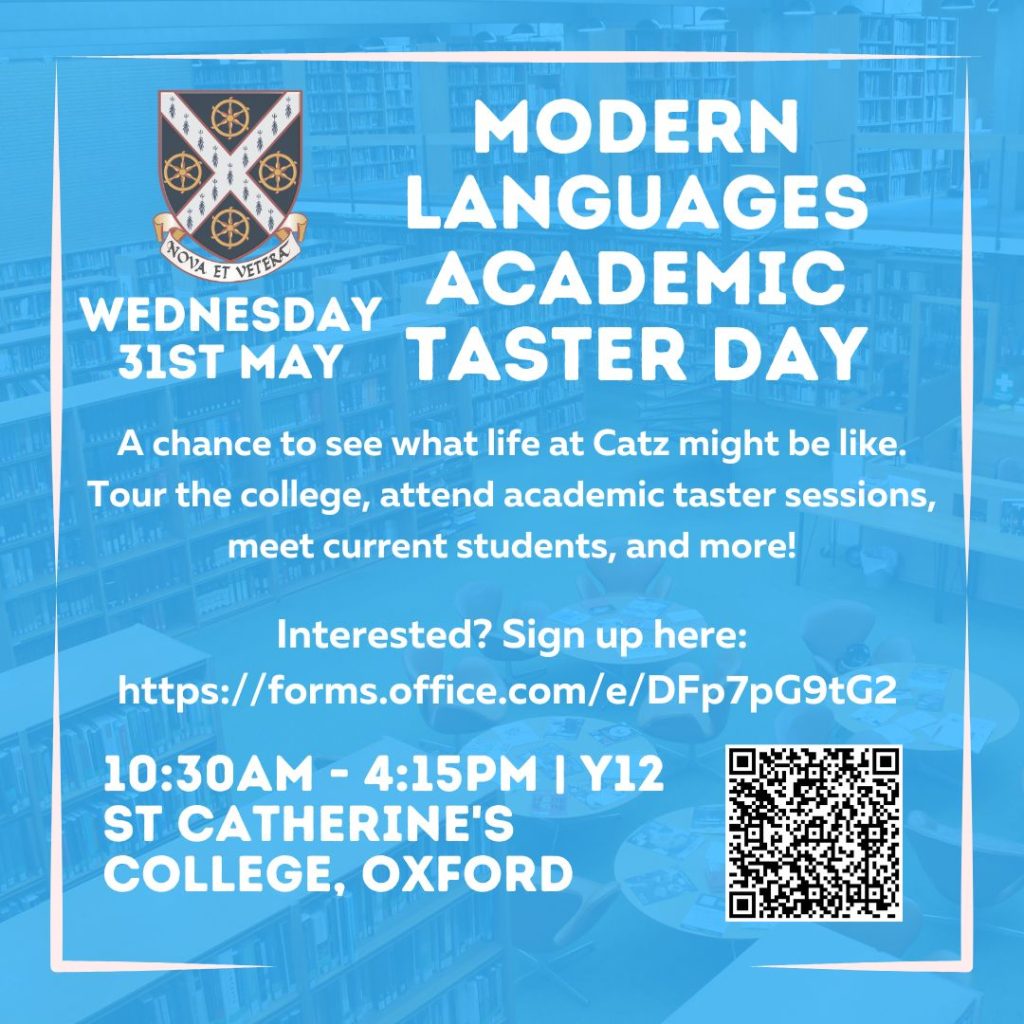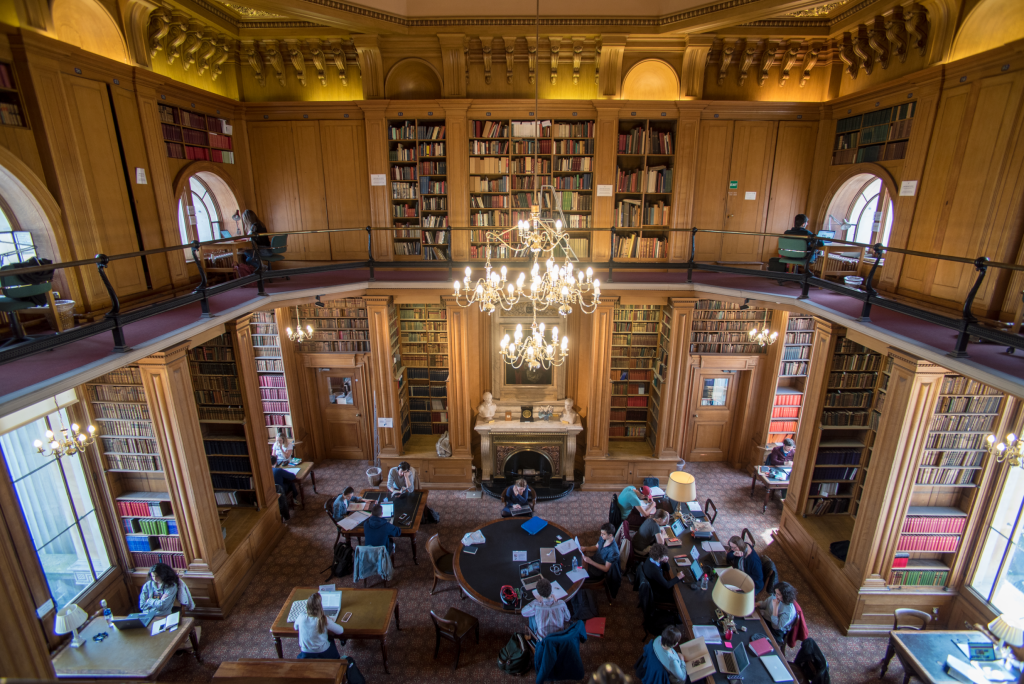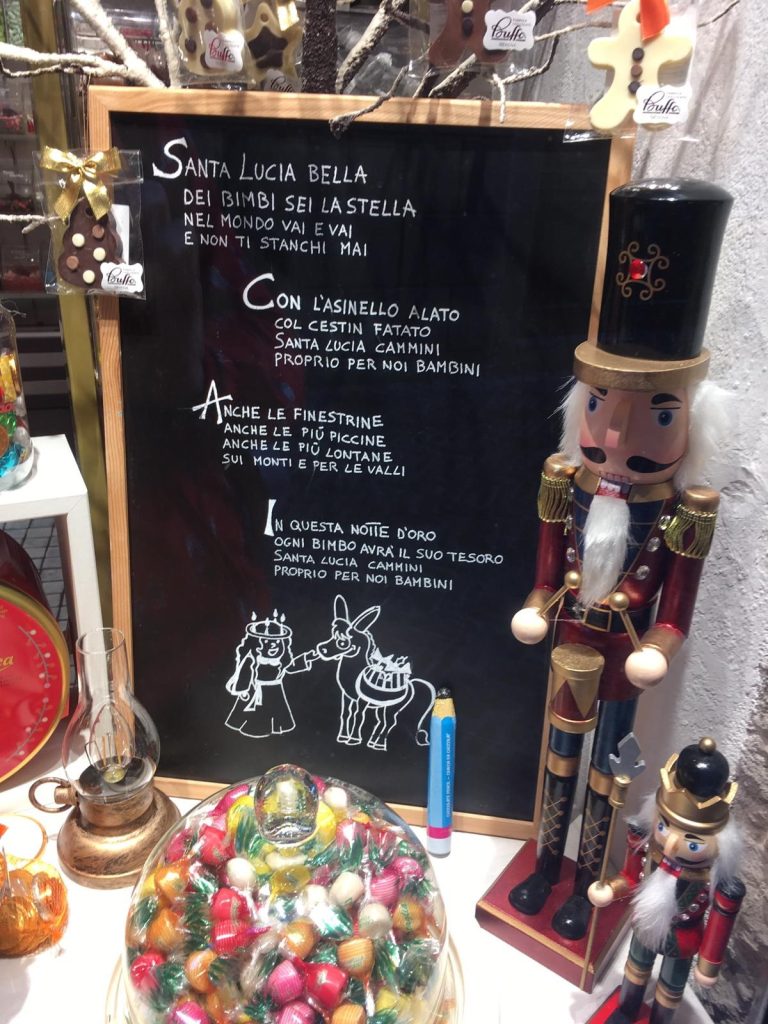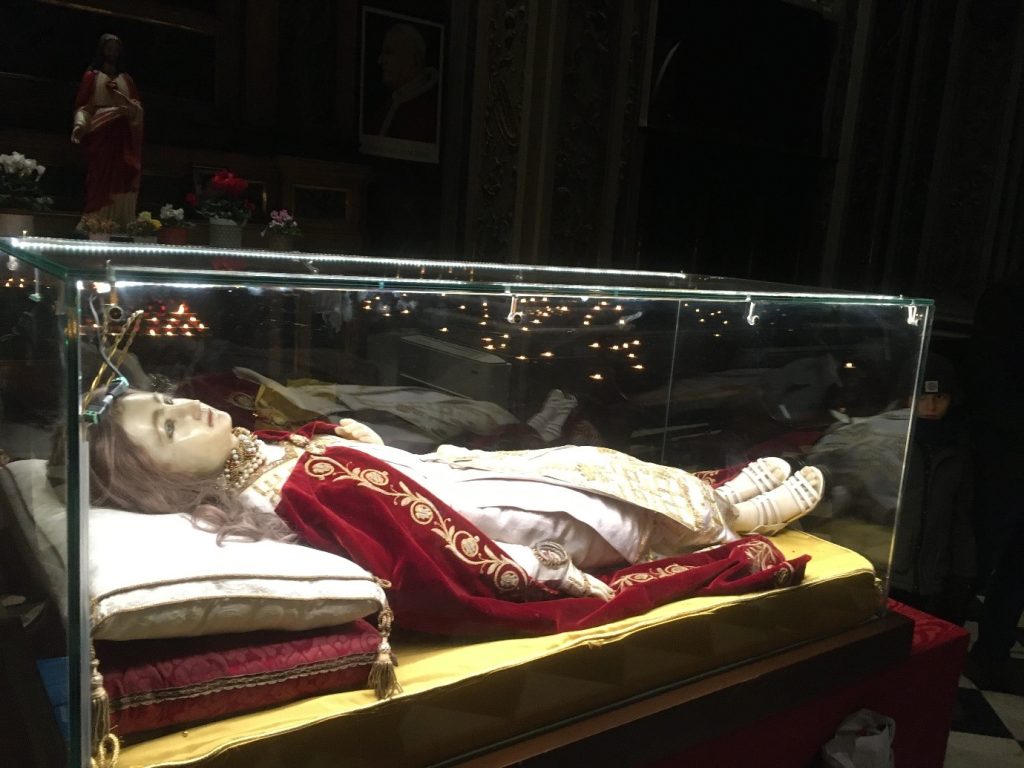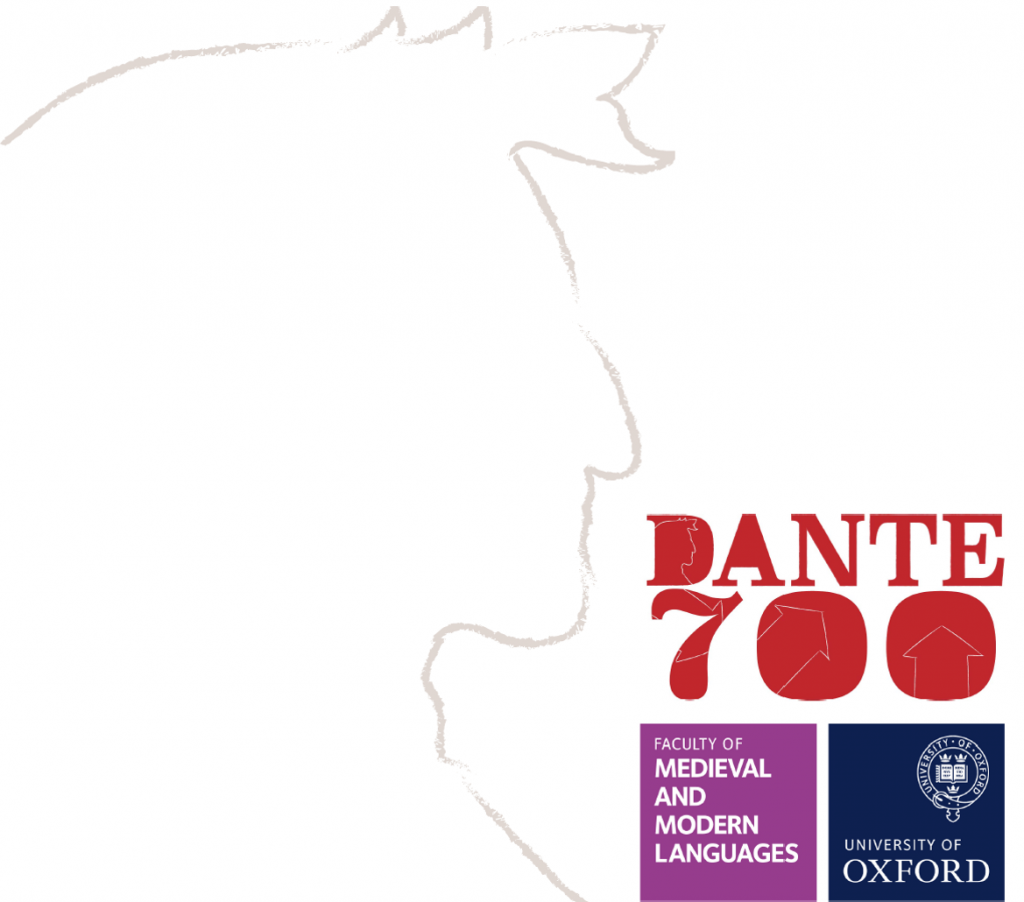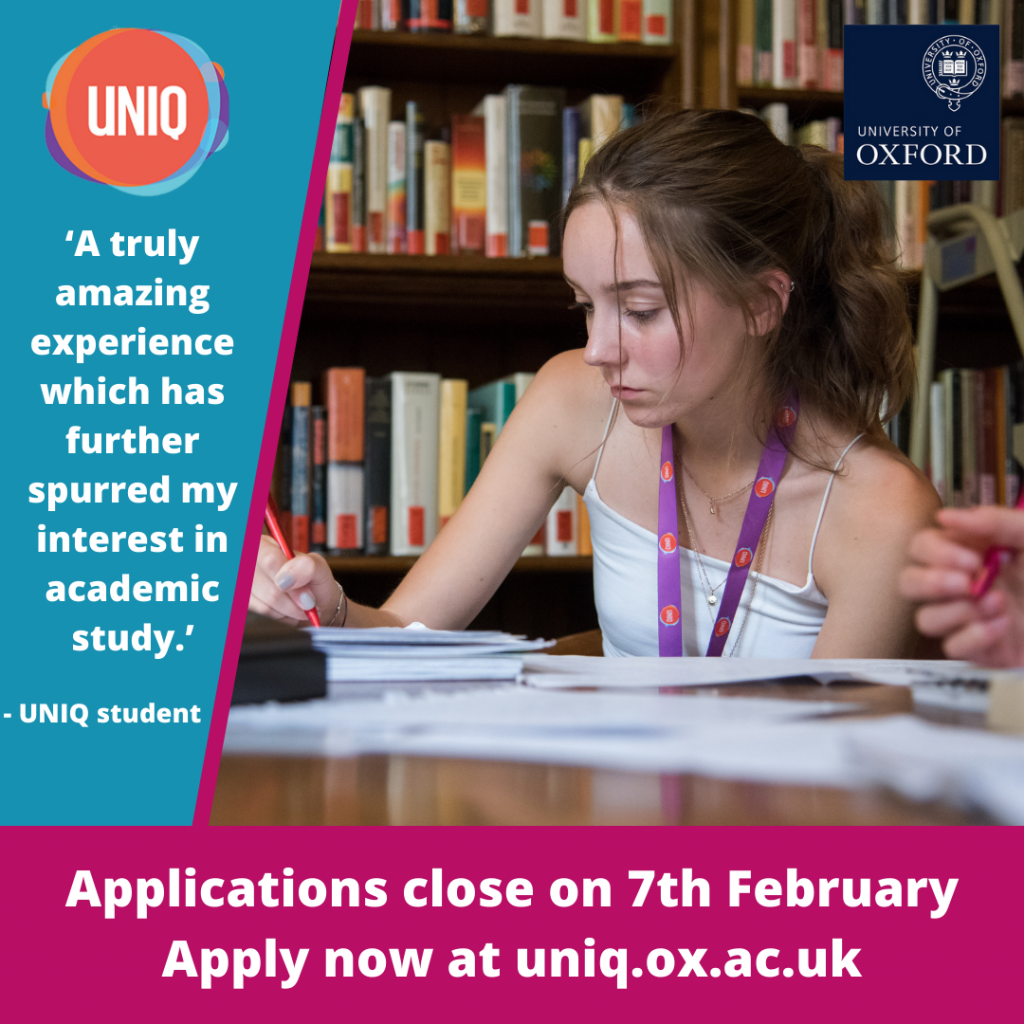Happy New Year everyone! We hope you had a wonderful time and enjoyed the festivities over the Christmas holidays.
A new year brings new opportunities to explore your options of studying Modern Languages at Oxford.
For example, on 21 February 2026, Exeter College is running an inspiring, immersive day dedicated to all things Modern Languages for Year 11 and 12 students.
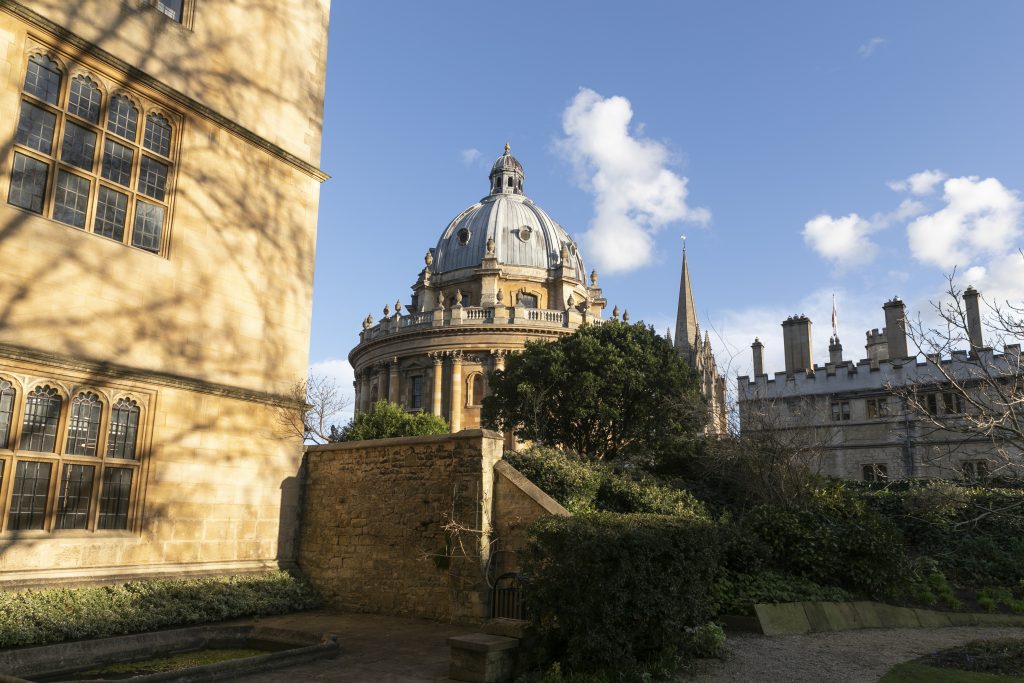
Whether you’re passionate about French, Spanish, Italian, German, or simply curious about studying languages at university level, this is your chance to experience Oxford up close.
In the morning, you’ll explore the historic Turl Street site and gain a clear, insider’s view of the admissions process and what studying languages at Oxford is really like.
Across two afternoon sessions, you’ll take part in small‑group workshops led by Oxford tutors in French, Spanish, Italian, or German. Choose your languages, explore real academic material, and experience Oxford’s teaching style first-hand.
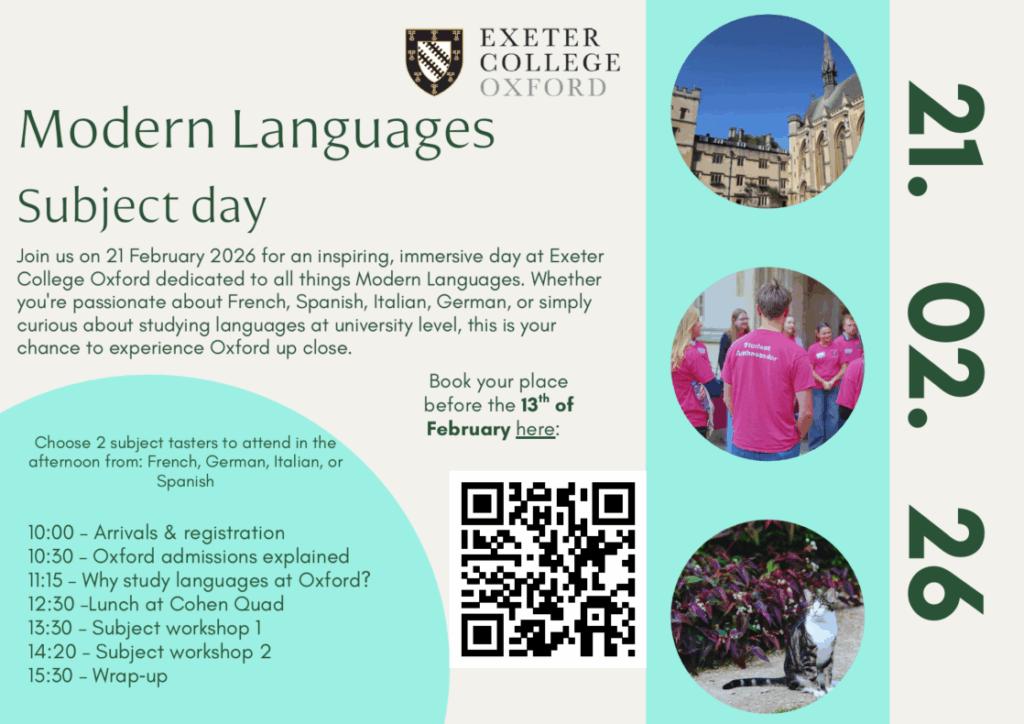
Apply here: Modern Languages Subject Day: Saturday 21 February 2026 – Fill in form. The form will close on 13 February 2026.
Subject Days are often oversubscribed and selection is based on academic merit and contextual factors. We warmly encourage applications from students who identify with any of the following criteria.
- Students on Free School Meals.
- Students from IMD Q1 and Q2 (*check your postcode at the link below)
- Students who have been or are currently in care.
Please provide as many details about yourself to aid the shortlisting process.
The programme will be free of charge, lunch will be provided, and travel bursaries are available.
Questions can be directed to outreach@exeter.ox.ac.uk.

